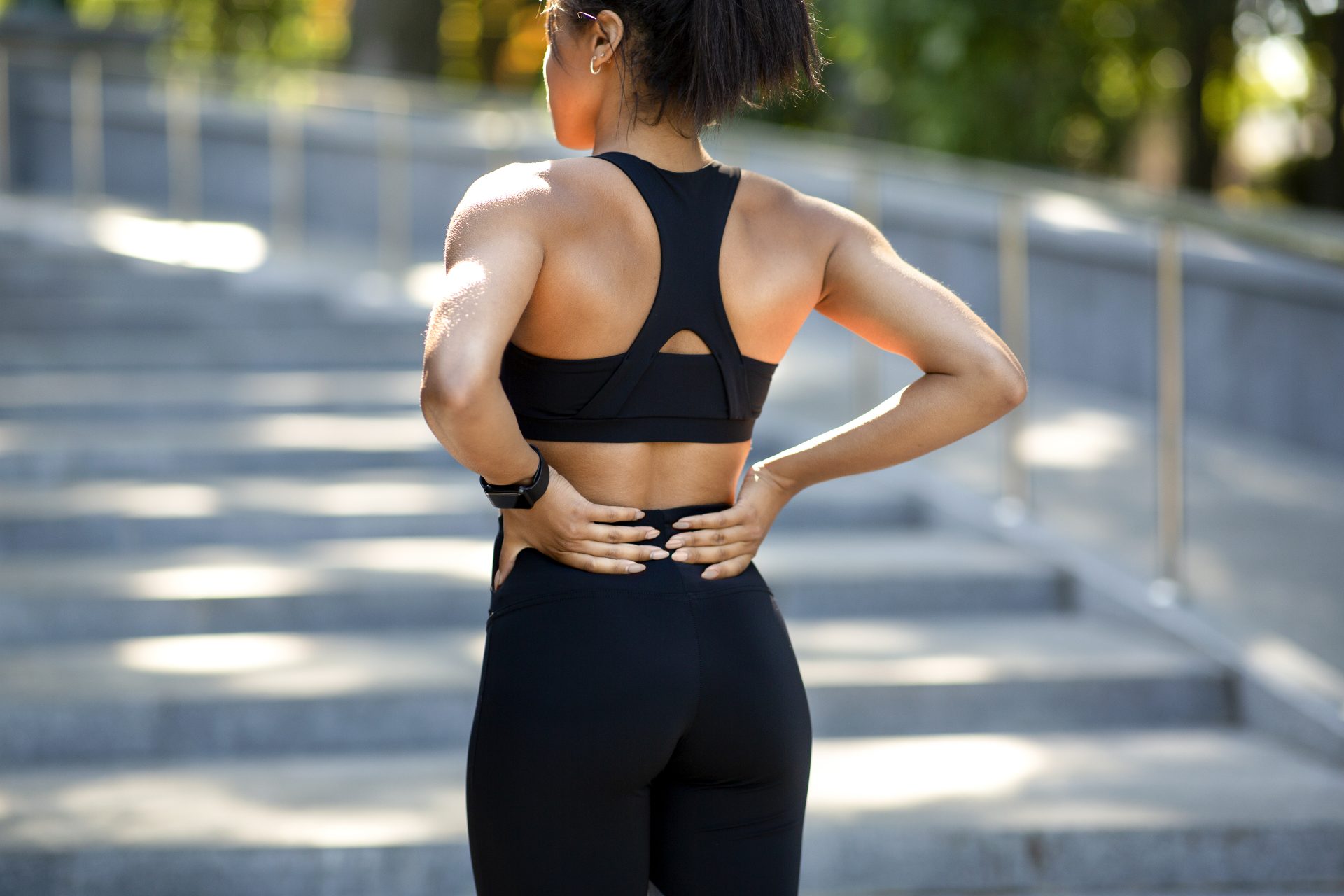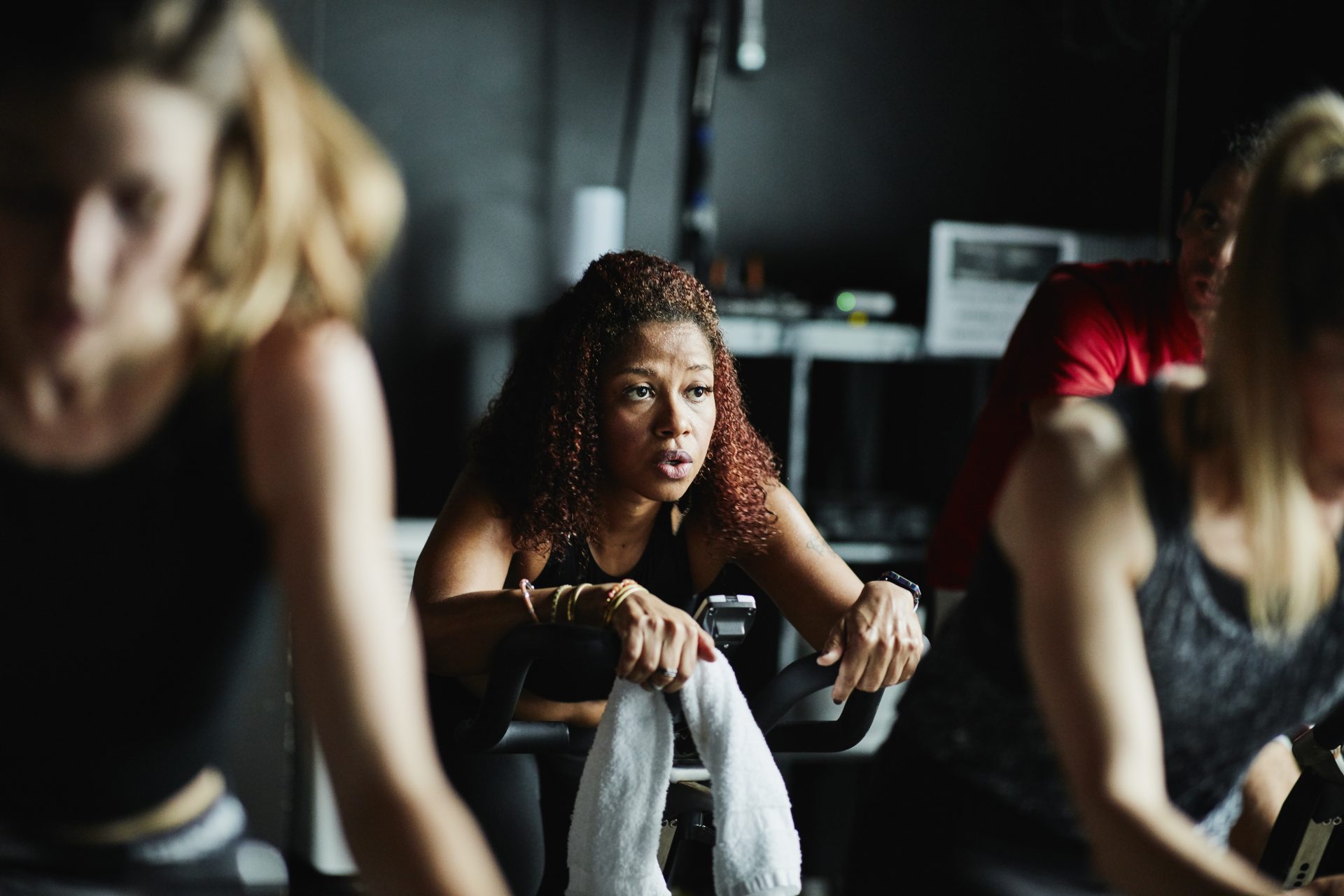Everything you need to know about exercising on the pill
You know the hormonal fluctuations involved in your menstrual cycle can impact your workouts – but does the pill change the way you train?
We’re increasingly becoming aware of how our cycles impact our energy and exercise capacity. From the best time of the month to do HIIT versus strength or whether you’re more at risk of injury when on your period, the importance of menstrual cycles in sports is becoming more apparent. But what about those of us who don’t have a ‘natural cycle’, thanks to contraception?
The pill is the most common form of contraception in the UK. How many women are on it, however, is unknown: according to the BBC, 44% of women who accessed contraception through sexual health services used oral contraception in 2018. The same year, figures found by The Guardian show almost nine in 10 women who receive contraception from the GP or pharmacies take it – a total of more than 3.1 million women in England.
The number of sportswomen on hormonal contraception is also huge – the latest research would suggest that half of female athletes use it, and 68% of those are on oral contraceptive pills.
You may also like
How does your menstrual cycle impact your risk of injury during exercise?
The question is, does taking a pill really impact our workouts? And for those who take oral contraceptives, what considerations do there need to be?
How the pill can impact your workouts
The pill can help avoid irregularities
“A lot of women like to be on the pill because it removes the general ups and downs of hormones associated with the menstrual cycle, which can interfere with mood and performance,” begins Renee McGregor, sports and exercise dietician and female athlete expert. “Women can feel more in control when on the pill, for example because they can adjust administration to mean they won’t get a withdrawal bleed during competition,” says McGregor.

Indeed, the lack of fluctuations is a huge reason women – particularly athletes – may opt for contraception. In a recent interview, Dina Asher-Smith admitted that “periods can be make or break” in elite sports.
In a 2020 paper from the Sports Medicine journal analysing the current research on the effects of oral contraceptives on exercise performance, researchers found that “performance was consistent across the 28-day contraceptive cycle”. This is different from the menstrual cycle, which has peaks and troughs in oestrogen and progesterone that can impact your likelihood of injury, strength and power and your motivation and comfort.
You may also like
How to boost strength training progress according to your menstrual cycle
Some studies show that the pill may reduce athletic performance…
While the pill may sustain your performance throughout the month, some research suggests that your overall output may be lower than if you had a natural cycle. The same 2020 paper found that “when compared with a natural menstrual cycle, oral contraceptive pill use might result in slightly inferior exercise performance.”
Researchers concluded that this was because using hormonal contraception reduces hormone levels to similar levels experienced during the early follicular phase of a natural cycle – when you have low levels of oestrogen and progesterone. “This chronic downregulation might be responsible for the slightly impaired exercise performance demonstrated in [contraceptive pill] users when compared with their naturally menstruating counterparts,” researchers wrote.
However, the distinction between performance was trivial and personal – so small that researchers didn’t recommend changing the guidance on athletes using contraception.

… while others claim the pill can increase strength
If you’re on the pill, it’s not all bad news for your training. While the use of hormonal contraceptives may slightly dampen in-session performance, it could actually have a beneficial impact on strength. A 2019 study found that women who were on the pill during a 10-week supervised progressive resistance training program had an increase in muscle mass and a significantly greater increase in type one muscle fibre area (responsible for power and strength) compared to controls.
Researchers speculated that as oestrogen is an anabolic – or muscle-building – hormone, the steady level of oestrogen-like chemicals in the pill provided users with a continuous anabolic stimulus.
The pill can ‘mask’ natural cycles
“The issue with any type of pill is that it disguises what is going on,” says McGregor. While the pill is often prescribed as a way to manage symptoms of hormone irregularity or pain, it’s important to remember that the cycle you have on the pill is not a natural bleed.
If you are someone who trains regularly or intensely, and could be at risk of relative energy deficiency, you won’t know about it if you are on the pill. “If a female is in low energy availability, they would not know as they would continue to get a withdrawal bleed on the combined oral contraceptive pill and in most cases women don’t get any bleeds on the mini pill.
“Many people assume that the combined oral contraceptive pill has a protective feature against bone health due to the fact that it contains oestrogen. But this is a synthetic oestrogen and can have a negative impact on bone health, especially if someone is in low energy availability.”
You may also like
Amenorrhea and exercise: does training have an impact on your menstrual cycle?
The pill is an individual choice
Contraception is designed to prevent pregnancy. While it has other medical instances for prescription, such as reducing PMS pain, there’s no medical advice about going on the pill to regulate your workouts.
The truth is that research around hormonal health and exercise is still lacking: in the Sports Medicine 2020 report, researchers found that only 17% of studies on the pill and sports performance was deemed ‘high quality. As such, drawing general guidelines is pretty tricky.
“From a practical point of view the effect magnitude and variability support consideration of an individual’s response to oral contraceptive pill use, so that decisions as to the appropriateness of [the pill] can be tailored to the individual requirements,” researchers concluded.
Ultimately, it all comes down to personal choice. Some people love being on the pill, others would rather not. The most important thing is that you know how it might impact you. If you’re worried about your cycle or exercise performance, make sure that you talk to your GP or other medical professional.
Images: Getty
Source: Read Full Article


